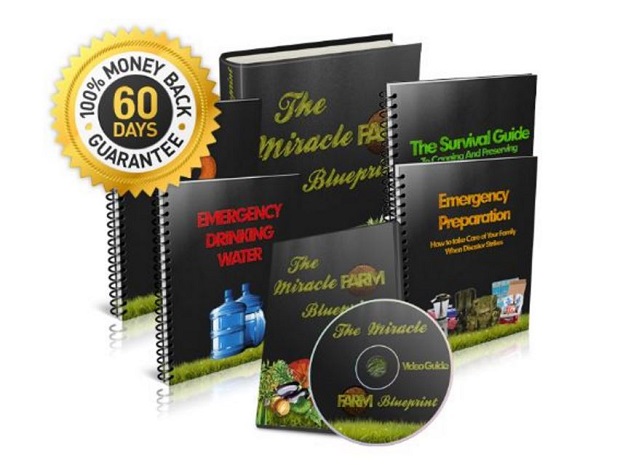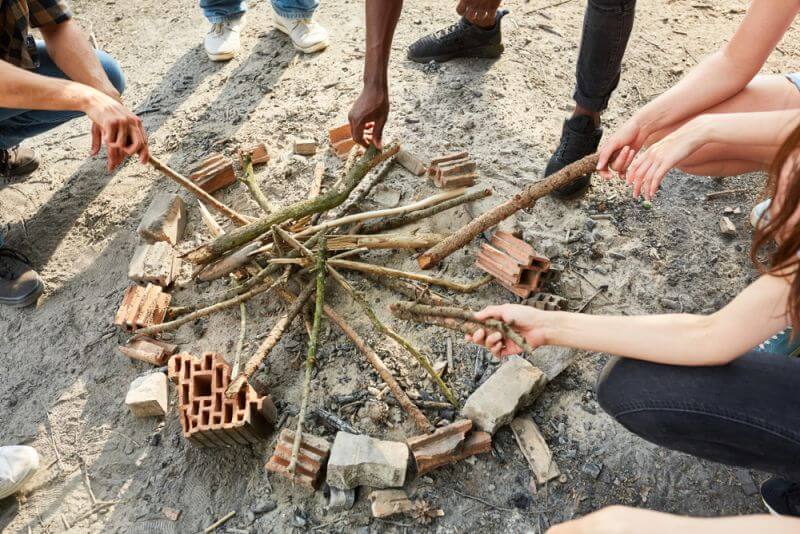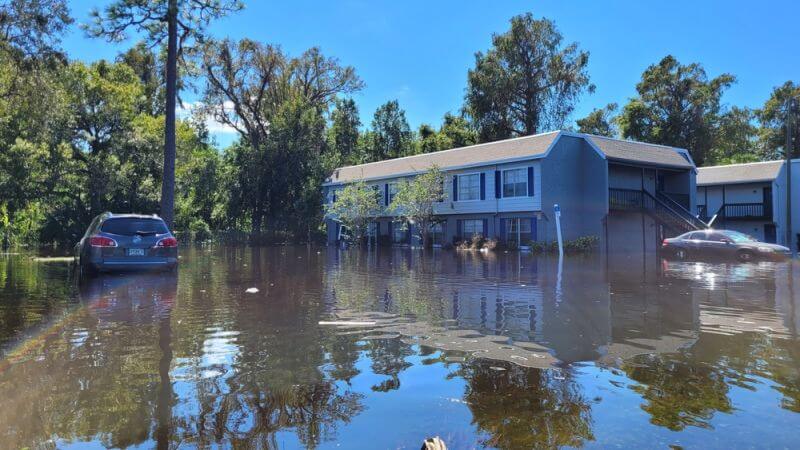Are you prepared to feed your family should disaster strike?
I’m not talking about going a day or two, or even a week or two, without power or access to a grocery store. I’m talking about a major, long-term disruption in the food supply.
Will you be able to grow your own food for months or years, even if the soil is contaminated or you have limited space to garden?
Learning as much as possible about living off the grid is a great first step. The more you know, the better your chances are of survival. We’ve found a report that outlines an alternative, extremely effective method of food production that you may want to add to your knowledge base; vermiponics.
Vermiponics combines aquaponics (growing pants using fish), hydroponic gardening (growing plants using water or other liquid), and vermicomposting (composting with worms). Though each method certainly has its purpose, growing a diverse range of food on a long-term basis isn’t something that you can accomplish with any of them independently.
Vermiponics brings the three methods together to make a viable, relatively easy, sustainable way to produce up to four times as much food as other growing methods.
The body requires nutrients that it can’t produce on its own. This includes omega 3’s and amino acids, along with standard vitamins that you’ll find on the back of your vitamin bottle. It’s always best to get these nutrients from food sources because that’s how your body is built to process them, and vermiponics provides both veggies and fish for consumption.
Running out of food is a realistic concern for people who are preparing for catastrophic conditions, but you can only preserve so much food. Also, when food is canned, it loses taste and nutritional value during the preservation process. It loses even more of both as time passes.
This is yet another reason why this report is so valuable; even if you’re not a prepper, vermiponics is a great way to grow fresh, healthy, great tasting food for yourself! You’ll know what was used to grow it, and you’ll save a ton of money when you don’t have to pay for organic produce.
Now that you know what vermiponics is and why it’s valuable, believe me when I’m telling you that this report is a must-have for anybody interested in growing their own vegetables. Here are just a few things that the report discusses in detail:
- What vermiponics is and how it works
- How to choose the best worms, fish and plants to make your experience a success
- Why vermiponics is healthier that growing food in other ways
- How to safely and easily build your own system at a reasonable cost even if you’re not extremely mechanically inclined
- How to maintain the system regardless of climate, season or extraneous conditions
- What and how to feed your worms and fish without depending upon commercial food.
- How to maintain sanitary water that’s the correct temperature for your fish to thrive
Though starting a vermiponics system isn’t complicated, there are a ton of details that need your attention; that’s why this report is so valuable. It touches on everything from which fish would be best for your system to which type of lights you should use.
If you’re looking for a way to grow your own organic food that’s delicious and packed with nutrients, then this manual is certainly something that you should check out!
CLICK on the banner below and get this offer now because today is THE LAST DAY for this offer!
This article has been written by Theresa Crouse for Survivopedia.










Pingback:Product Review: Miracle Farm Blueprint | NewZSentinel | April 12, 2016
|
Lee Wrenn | April 12, 2016
|
Good post, but there was NO banner to click!
Survivopedia | April 12, 2016
|
Lee, thank you for being interested in this product. Your browser might have an app that blocks all the banners. Please CLICK HERE to go to the product page.
Dave | April 12, 2016
|
If you think it’s a great idea, then it is! Go for it! Buy the package. Just try to be aware that besides taking care of your plants you also have to take care of the worms. I sure someone will say; “The worms take care of themselves”. That’s true. They just do their best if some “god above” (aka “human”) provides them a “worm paradise”
This guy: TerraCycle’s owner, Tom Szacky, has done a fantastic job with worm poop that he got FREE from the organic waste composters (worm farms).
Jeff Lawton has also done a great job with his “food forest”
For both the main miracle worker is the lowly worm.